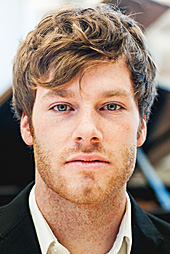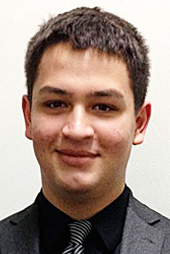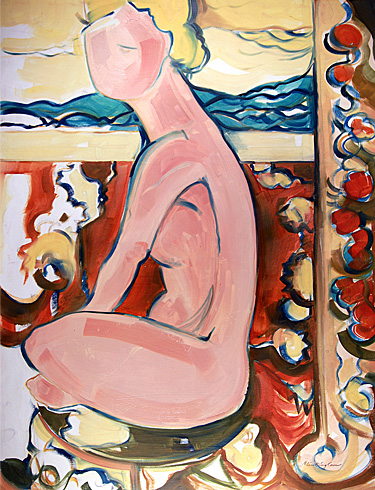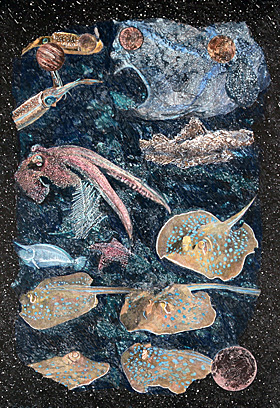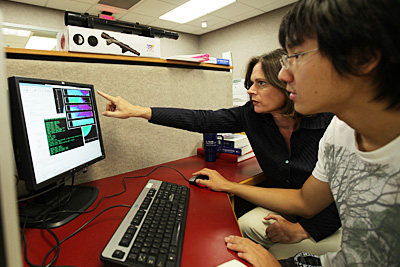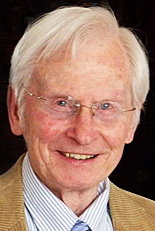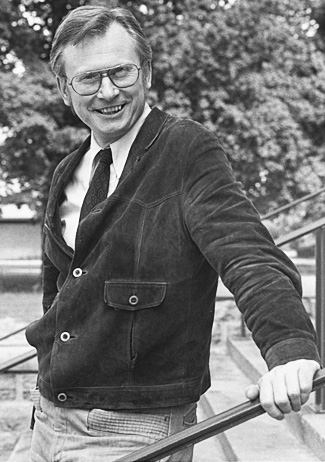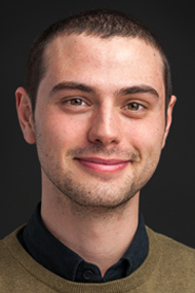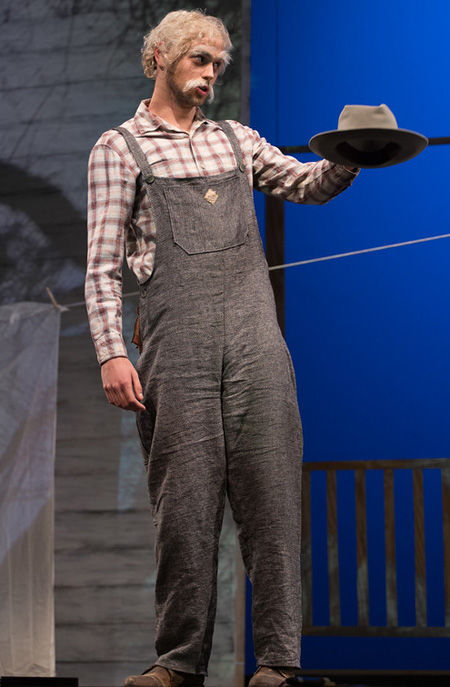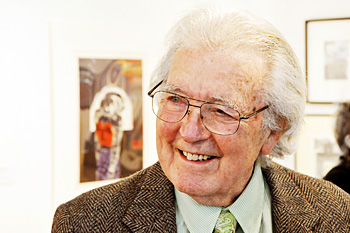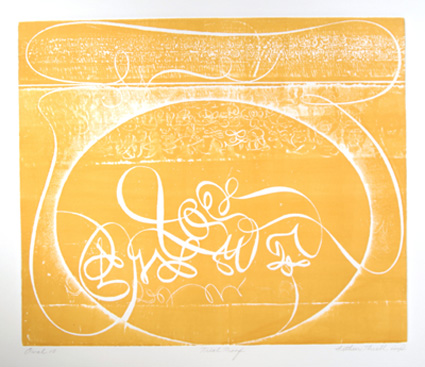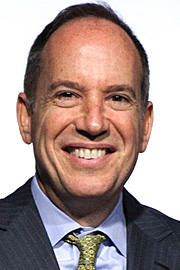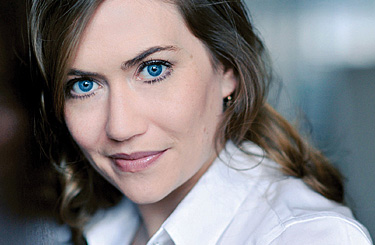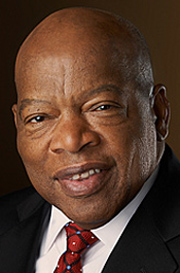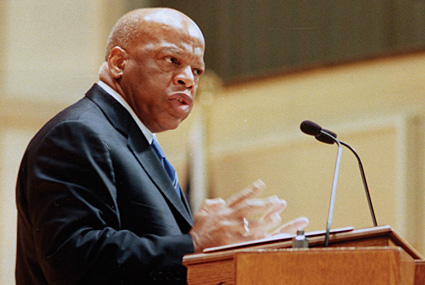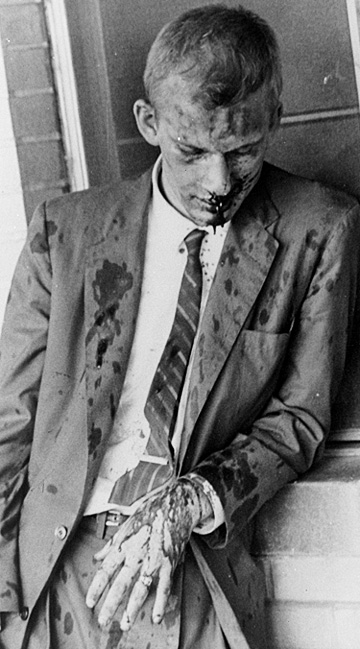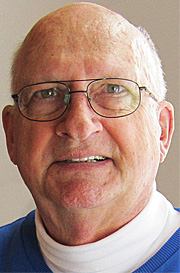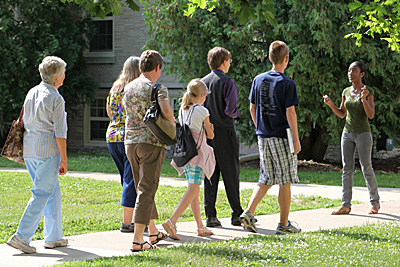
Interest in Lawrence University among prospective students has never been higher.
With more than a month to go before the May 1 National Candidates Reply Date, Lawrence already has attracted the largest and most competitive applicant pool in the college’s 168-year history. Running more than 10 percent ahead of last year’s numbers at this same time, Lawrence has received 2,969 applications to date, surpassing last year’s record of 2,748 applications.
Despite a shrinking number of college-bound students nationally, this marks the third consecutive year Lawrence has attracted a record number of applications.
Several factors have helped Lawrence attract applications in record numbers according to Dean of Admissions and Financial Aid Ken Anselment.
“We are reaching more students around the world and doing so earlier in the process than we ever have before,” said Anselment, “and they seem to be responding well to what Lawrence is offering in the way of a rigorous academic experience as preparation for success in a rapidly changing world.”
Anselment noted that, while application numbers are up in Wisconsin and Illinois, which together account for approximately 40 percent of each new class of Lawrentians, the admissions office is also seeing a significant uptick in applications from the western United States, especially California, as well as applications from outside the United States.
“Our international outreach has really, if you’ll pardon the pun, put Lawrence and Appleton on the map,” says Anselment. “We have received applications this year from 66 countries on every continent but Antarctica.”
About Lawrence University
Founded in 1847, Lawrence University uniquely integrates a college of liberal arts and sciences with a nationally recognized conservatory of music, both devoted exclusively to undergraduate education. It was selected for inclusion in the Fiske Guide to Colleges 2015 and the book “Colleges That Change Lives: 40 Schools That Will Change the Way You Think About College.” Engaged learning, the development of multiple interests and community outreach are central to the Lawrence experience. Lawrence draws its 1,500 students from nearly every state and more than 50 countries.
